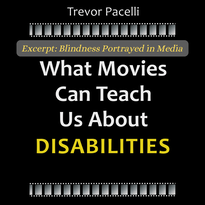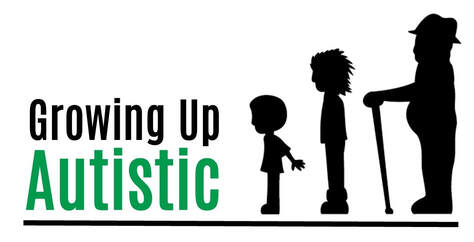 By Trevor Pacelli In thinking back to my childhood, I don’t recall knowing of any blind people at school or anywhere else; my only exposures to the blind community are limited to three media properties: The first is a blind girl named Marina from the hit TV series Arthur, who made a couple of appearances as the friend of a character named Prunella. One of those episodes taught kids the dos and don’ts of treating friends with disabilities, such as not trying to be too helpful unless they specifically ask for help. The second is from Pokémon: Ruby Version; in this game, there were three ultra-rare Pokémon, Regirock, Regice, and Registeel, who needed to be obtained by decoding a series of puzzles with braille descriptions. Being the Pokémon geek I was back in sixth grade, I was so desperate to get to these three legendary beasts that I made my mom drive me to the library to check out a book on translating braille… only to find out the dictionary we had at home already had a braille translator! Whoops! The last is Toph, the blind earthbender from Avatar: The Last Airbender. She used earthbending (or moving rock and dust with her mind) to create a mental picture of her surroundings by using the ground’s vibrations felt through her bare feet. Back then, I didn’t care much about her, mostly because I was a dweeby tween who believed her blindness made her incomplete. Later as an adult, I rewatched the whole series on Netflix, and Toph essentially became my favorite character, not just because of her rough n’ tough personality, but also because of how she turned her disability into an advantage to become “the most powerful earthbender in the world.” Ultimately, I was a pretty privileged kid back then who wasn’t able to consider the struggles of the blind community, which was much different from what I’ve learned in my research for this book. For instance, I discovered that when seeking out accommodations, blind people often lack authority when requesting accommodations from schools and workforces. Among those blind people raised by sighted parents, it’s common for their parents to think little of what their supposedly handicapped child can accomplish, in turn depriving them of fruitful experiences. Read more about the portrayal of blindness in film and media in my book, What Movies Can Teach Us About Disabilities.
0 Comments
|
Inspiration for Life with AutismThis blog has a variety of articles about people living life with autism, and topics and ideas that can help in the journey. Guest bloggers are welcome. Inspired by Trevor, a young adult film critic, photographer and college graduate on the autism spectrum. Categories
All
Archives
July 2024
|
Proudly powered by Weebly

 RSS Feed
RSS Feed